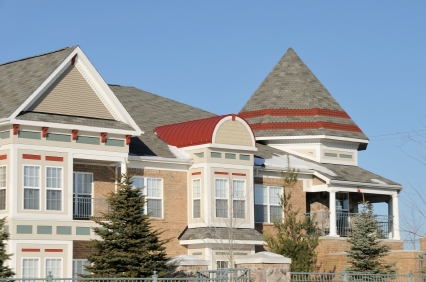 Georgia nursing home laws exist to ensure that nursing home facilities are safe, clean, and comfortable for residents. These laws help to protect nursing home residents from abuse, neglect, and improper care that may take place in a nursing home facility. It is important for residents and their families to be aware of Georgia nursing home laws and how their rights may be violated by facilities.
Georgia nursing home laws exist to ensure that nursing home facilities are safe, clean, and comfortable for residents. These laws help to protect nursing home residents from abuse, neglect, and improper care that may take place in a nursing home facility. It is important for residents and their families to be aware of Georgia nursing home laws and how their rights may be violated by facilities.
The State Bar of Georgia created a pamphlet so that residents and their guardians can stay informed on Georgia nursing home laws and the legal rights of residents. The pamphlet explains what residents and families should know before signing an admission agreement, resident rights, and a list of agencies that provide assistance with questions or concerns.
Georgia Nursing Home Resident Rights
Under Georgia nursing home law, patients are granted certain rights during their residency. These rights cover admission, discharge, transfer, and care that take place within nursing homes. One of the basic tenants for Georgia nursing home laws is a resident’s right to receive appropriate and adequate care that is free of discrimination based on age, gender, religion, disability, sexual orientation, marital status, national origin, or source of payment.
Privacy
Georgia nursing home laws permit residents the right to privacy inside nursing home facilities. Unless medically contraindicated, residents are permitted to close the door to their rooms or draw curtains. They may request that nursing home staff knock before entering the room. When administering personal care, staff members must respect personal privacy of the resident as much as possible. Additionally, residents may send and receive unopened mail.
Freedom of Choice
Nursing home residents retain constitutional rights, such as the right to vote, practice religion, or abstain from certain religious practices. Residents or their guardians may manage their own financial affairs and participate in the resident’s care plan. If residents do not desire certain medical or dental treatment, they have the right to refuse treatment.
Dietary Services
Each nursing home is required to employ a dietician who is qualified through the American Dietetic Association or an equivalent entity. Each resident must receive a nutritionally-sound diet that is adjusted to meet specific qualities such as age, activity, physical condition, and sex. Resident meals must be served sufficiently with no longer than five hours between each meal. The time between the last evening meal and breakfast may not exceed 14 hours. During this time, snacks must be offered to residents.
Physical or Chemical Restraints
Georgia nursing home laws state that residents have the right to be free from both physical and chemical restraints. This guideline also applies to the use of isolation and other restrictive actions. Before restraints are used, a physician must provide written authorization including a specific timeframe and circumstances for use. Furthermore, restraints may only be used when other restrictive methods have failed.
Procedure for Filing a Complaint
Residents or resident guardians are permitted to make oral or written complaints to nursing home administrators. The administrator then has three business days to resolve the complaint. If this deadline is not met, the administrator is required to respond to the resident in writing.
If the response is displeasing, the resident may file a complaint with the community or state ombudsman. An ombudsman is a government-appointed individual who investigates complaints regarding violation of rights or maladministration. An ombudsman represents the interest of the public.
If the ombudsman fails to resolve the issue, a hearing may be convened by an impartial referee that is mutually agreed upon by both parties. The hearing is then held at the nursing home in question. Within 72 hours of the hearing, a decision must be made that includes corrective action recommendations. The resident may file a private legal claim at this time.
Sources:
“Legal Rights of Nursing Home Residents.” State Bar of Georgia. State Bar of Georgia. Web. 18 May 2013. http://www.gabar.org/newsandpublications/consumerpamphlets/nursinghomerights.cfm
“Nursing Home Rules and Regulations.” University of Minnesota School of Public Health. State of Georgia Department of Public Health, 6 Apr 2007. Web. 18 May 2013. http://www.hpm.umn.edu/nhregsplus/NHRegs_by_State/Georgia/georgia_rules_and_regulations_complete_04.06.07.pdf
“Residents’ Bill of Rights.” Atlanta Legal Aid Society. Atlanta Legal Aid Society, Inc.. Web. 18 May 2013. http://www.atlantalegalaid.org/fact23.htm
